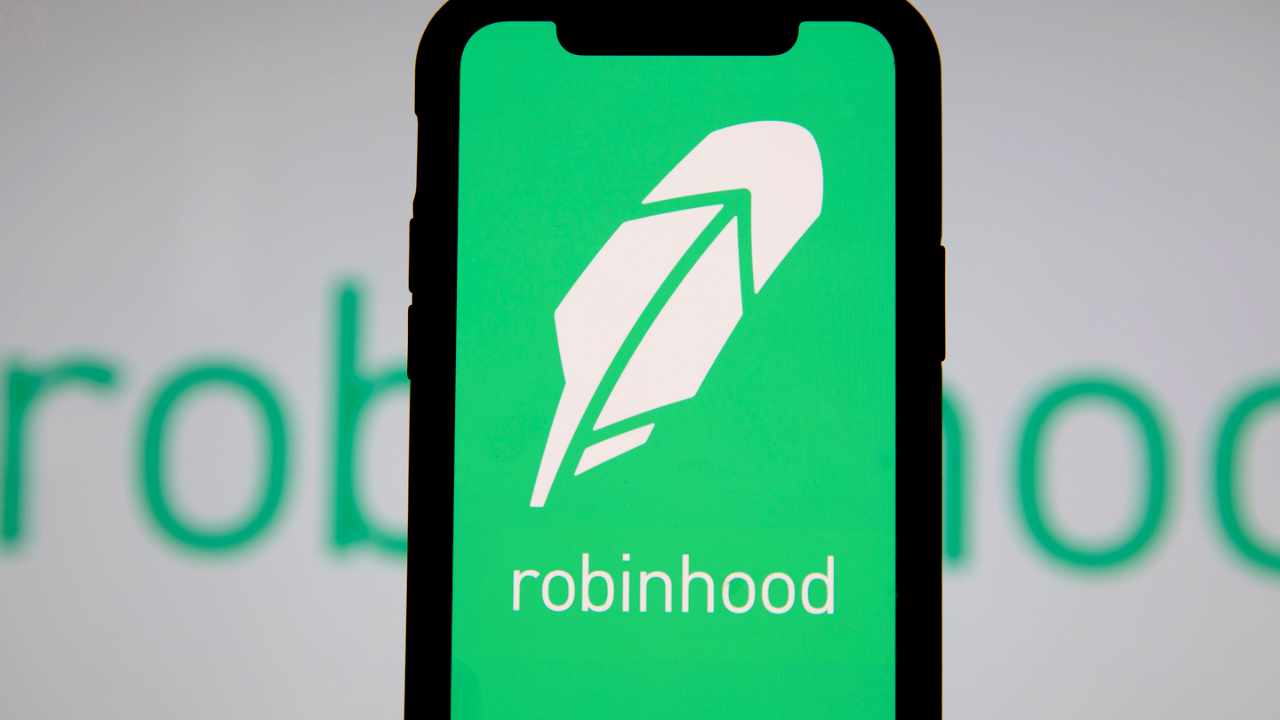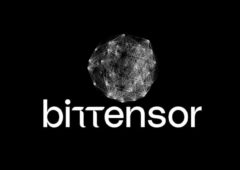Robinhood Expands Crypto Futures With XRP and Solana Micro Contracts
28.06.2025 13:00 2 min. read Kosta Gushterov
Zero-commission brokerage Robinhood has expanded its cryptocurrency futures offerings by launching micro futures contracts for XRP, Solana (SOL), and Bitcoin (BTC).
The move, announced on June 27, follows Robinhood’s broader push to make futures trading more accessible to retail investors.
Each micro XRP futures contract represents 2,500 XRP—approximately $5,200 at current prices. Similar sizing applies to micro Solana and Bitcoin futures, offering a smaller-scale, lower-margin alternative to traditional futures contracts.
The new products are designed for simplified execution through Robinhood’s trading ladder interface, enabling faster decision-making and order placement for active traders.
Expansion Builds on CME Partnership and Futures Rollout
The launch follows Robinhood’s January partnership with CME Group, which integrated popular futures markets into its platform. Notably, CME introduced XRP futures in May, which generated over $542 million in notional trading volume during its first month. Solana futures were added earlier in the year.
Robinhood initially entered the futures space in October 2024, starting with contracts on traditional markets such as oil and the S&P 500 index. Since then, its futures suite has grown to include products like Bitcoin Friday, ETH futures, and micro BTC contracts.
Part of a Broader Crypto Push
This move comes just weeks after Robinhood finalized the $200 million acquisition of crypto exchange Bitstamp, signaling its continued commitment to expanding crypto offerings.
With micro futures, retail users can speculate or hedge with lower capital exposure, making it easier to manage risk in volatile crypto markets.
Robinhood’s latest expansion underscores its ambition to become a full-spectrum trading platform, spanning stocks, forex, commodities, and now an increasingly diverse suite of cryptocurrency instruments.
-
1
Dubai Approves First Tokenized Money Market Fund
08.07.2025 20:30 1 min. read -
2
Largest Bank in Hong Kong Explores Digital HKDollar in new project
10.07.2025 21:00 2 min. read -
3
Volkswagen Taps Solana-Based Service for Real-Time Robotaxi Navigation
09.07.2025 8:01 2 min. read -
4
Emirates to Integrate Crypto.com Pay in 2025: A New Era of Airline Payments
09.07.2025 15:08 2 min. read -
5
Alibaba Founder-Backed Ant Group to Integrate USDC Stablecoin
10.07.2025 13:30 2 min. read
Binance Introduces First Bonding Curve-based Token Launch With Four.Meme Collaboration
Binance has unveiled an innovative Token Generation Event (TGE) model powered by a bonding curve pricing mechanism, launching exclusively through Binance Wallet in collaboration with meme-centric project Four.Meme.
Largest Bank in Hong Kong Explores Digital HKDollar in new project
HSBC took a major step in digital currency innovation by concluding experimental trials under the HKMA’s Project e-HKD+.
Alibaba Founder-Backed Ant Group to Integrate USDC Stablecoin
Ant Group’s international arm, backed by Alibaba founder Jack Ma, is preparing to integrate Circle’s USDC stablecoin into its proprietary blockchain payment network.
Emirates to Integrate Crypto.com Pay in 2025: A New Era of Airline Payments
Emirates Airline has taken a bold step toward embracing digital finance by signing a Memorandum of Understanding (MoU) with leading cryptocurrency platform Crypto.com.
-
1
Dubai Approves First Tokenized Money Market Fund
08.07.2025 20:30 1 min. read -
2
Largest Bank in Hong Kong Explores Digital HKDollar in new project
10.07.2025 21:00 2 min. read -
3
Volkswagen Taps Solana-Based Service for Real-Time Robotaxi Navigation
09.07.2025 8:01 2 min. read -
4
Emirates to Integrate Crypto.com Pay in 2025: A New Era of Airline Payments
09.07.2025 15:08 2 min. read -
5
Alibaba Founder-Backed Ant Group to Integrate USDC Stablecoin
10.07.2025 13:30 2 min. read


